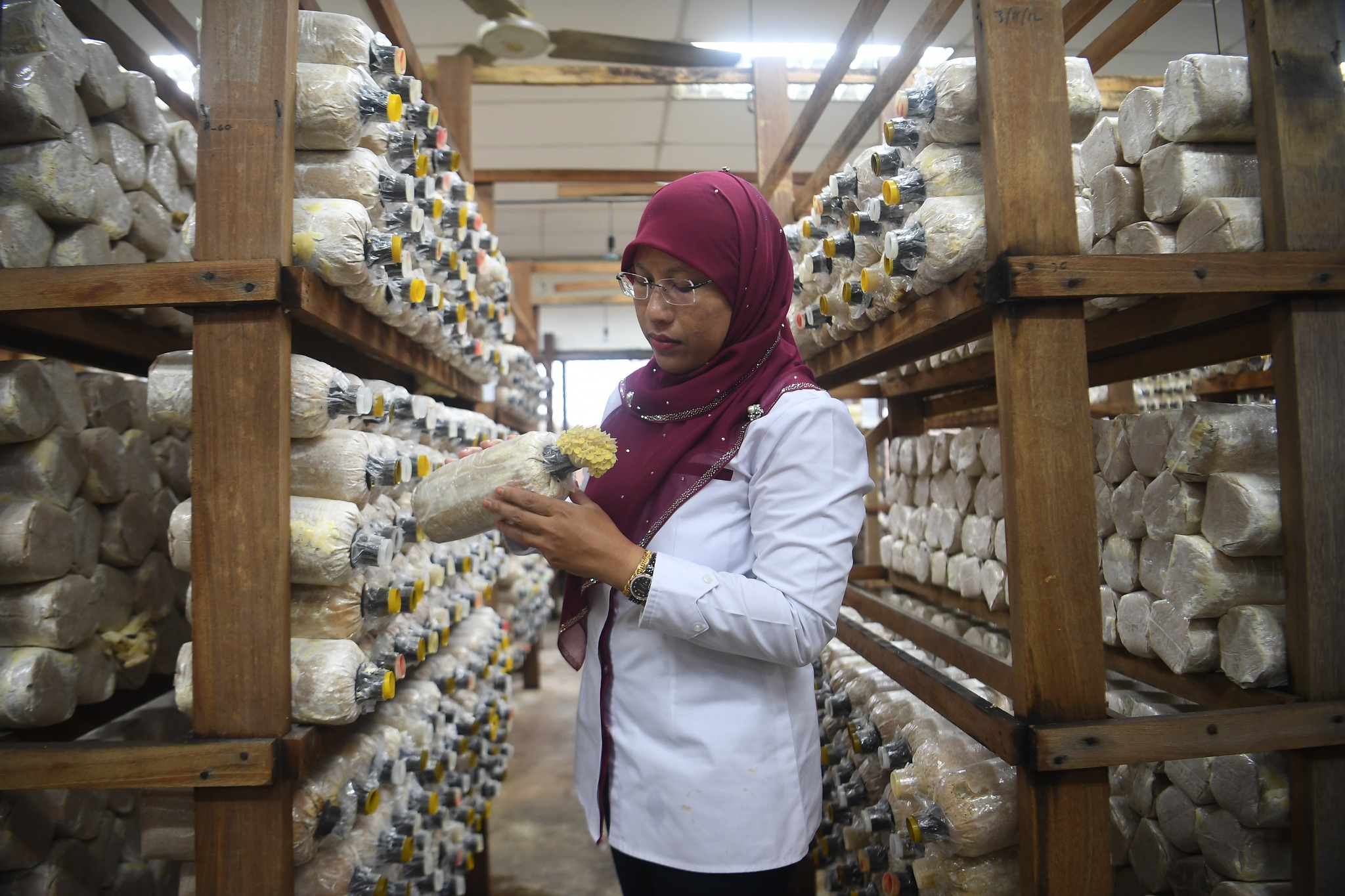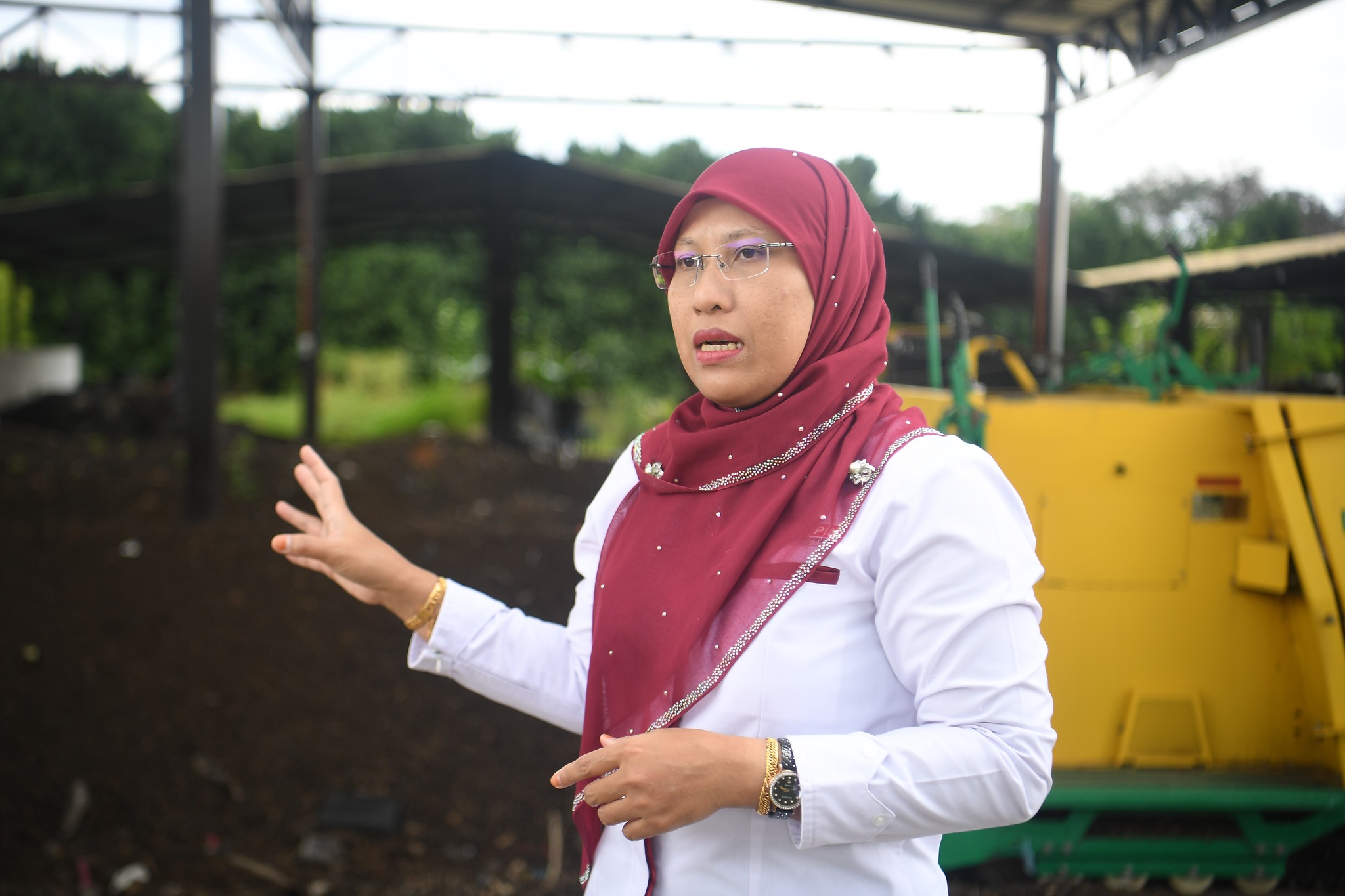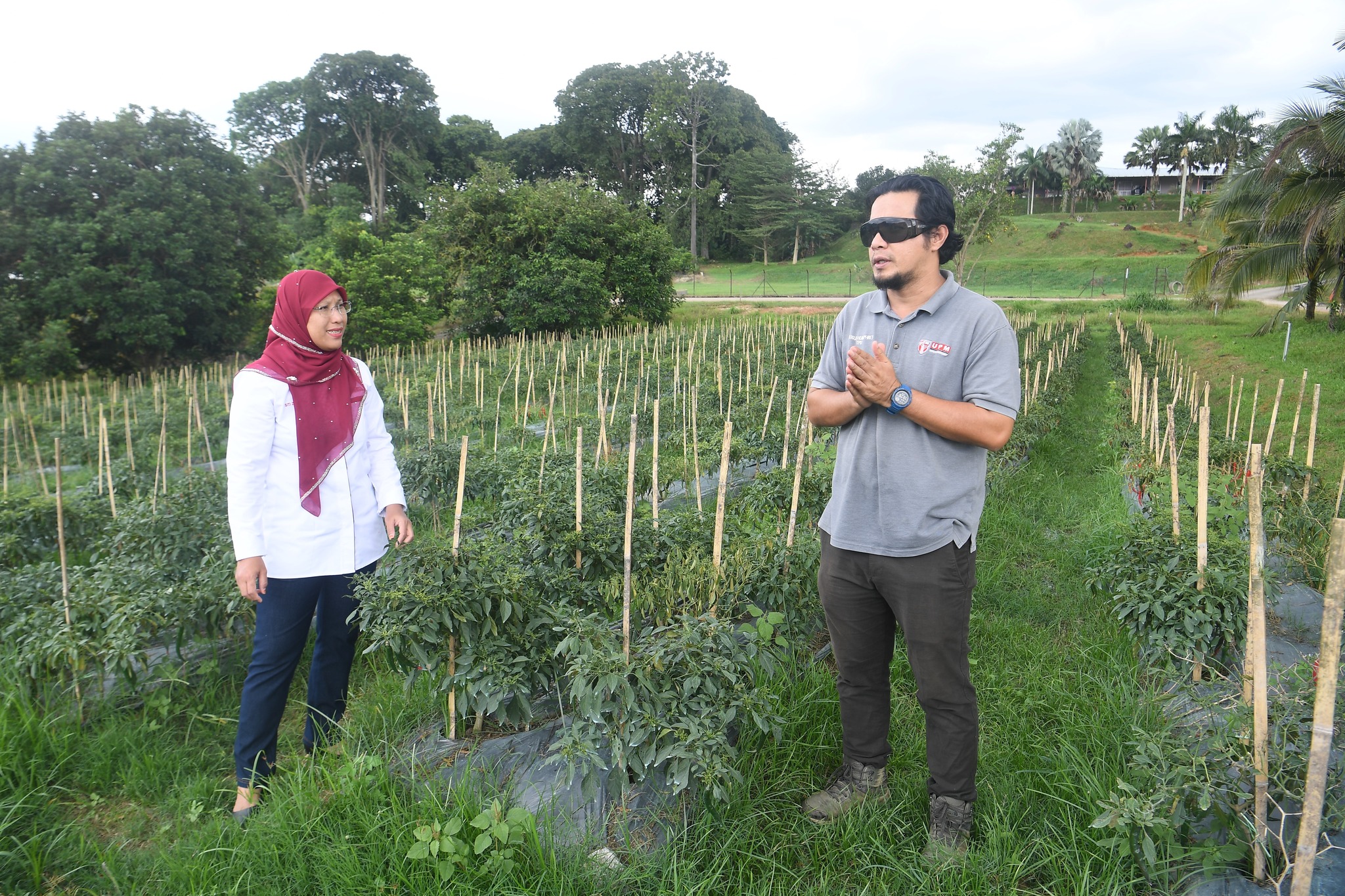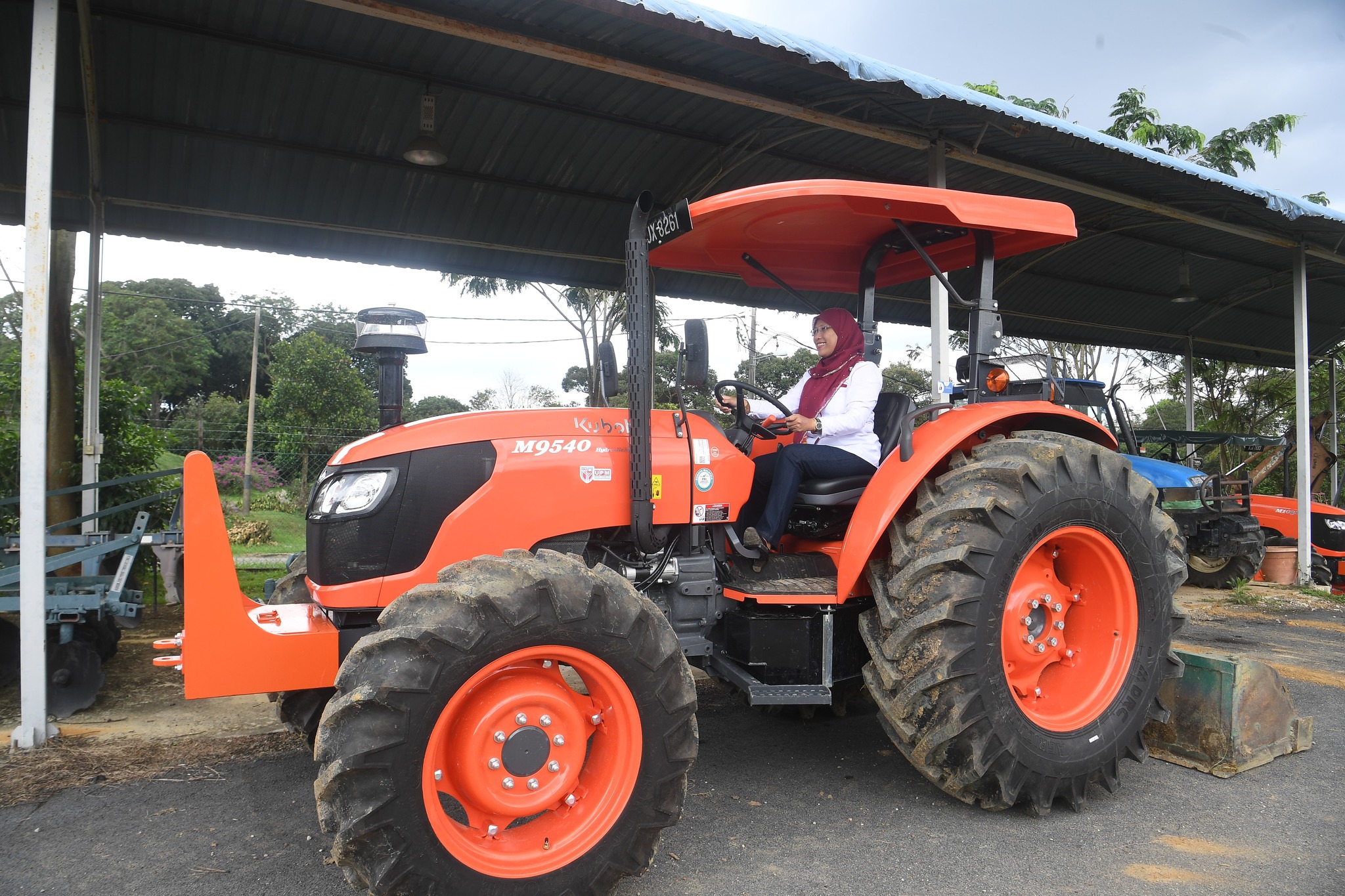Article Summary
Despite being relatively unknown to the public by hearing ‘pomology’, it is actually an important field in the country's agriculture sector and is one of the fields in horticulture that focuses on fruit crop management.
By: Noor Eszereen Juferi
Photo by: Noor Azreen Awang

Despite being relatively unknown to the public by hearing ‘pomology’, it is actually an important field in the country's agriculture sector and is one of the fields in horticulture that focuses on fruit crop management.
Director of the Putra Agriculture Centre (PAC), Universiti Putra Malaysia (UPM), Assoc. Prof. Dr. Siti Zaharah Sakimin, and a pomology expert, said the field is crucial in helping the community enhance their knowledge and skills in managing fruit crops.
"Optimum management is important for small-scale or industrial farmers to reduce production costs and increase revenue. In addition, understanding the needs of end users or for export sales purposes is crucial.

"This encompasses knowledge of planting, product quality and packaging to obtain high quantities and profits while satisfying the wants and tastes of consumers," she said.
She added that the pomology’s task begins at the nursery level, producing good quality seedlings for planting purposes.
"Then, at the planting stage, proper agronomic practices are carried out through fertilisation, irrigation and the environment.
"At the maintenance stage, such as pruning and pest and disease control, until the harvesting stage, which will affect the quality of the fruits before reaching consumers or fruit enthusiasts," she said.

Previously, she conducted a study on planting distance and the fertiliser application rate on pineapple plants. Through her study, she found that the fruit size could be controlled by the amount of fertiliser applied or through plant density, which could contribute to an increase in revenue and a reduction in farmers’ fertiliser costs.
"Knowledge in practising proper cultivation methods through development activities for industrial-scale companies also contributes indirectly to an increase in quantity and total yield.
"Additionally, it also increases the income and socio-economic status of the community by providing job opportunities by the employers as well as increasing the income of companies that cultivate pineapples commercially," she said.
Dr. Siti Zahirah, who is also a lecturer in the Department of Crop Science, Faculty of Agriculture, UPM, said to succeed in the country's agricultural sector, it requires unity and support from the government or public universities to achieve the primary mission of strengthening the nation's food sufficiency and security.

She said it needs to be viewed from a business and commercialisation perspective, whether from upstream or downstream.
"The root of agricultural development needs to be explored, and I am confident that with the expertise available at UPM, the vision of national food security can be achieved," she said.
Assoc. Prof. Dr. Siti Zaharah, who hails from Batu Pahat, Johor, also shared her views on the public perception of the agricultural sector as having no future when in reality, "Agriculture is Wealth".
She said UPM, as a leading educational institution in agriculture, needs to be further strengthened by utilising all resources and energy to achieve this goal.
"Short and long-term development planning must be done in detail, focusing on meeting the needs of agricultural education, teaching, learning and research," she said.
She said the community and industry’s perspectives would change when the university showcases an agricultural environment and practices that are in line with the times.
Meanwhile, the development of agriculture in shaping more talented agricultural professionals in the country to become referral experts, as well as the exchange and sharing of experience with industrial companies, also needs to be intensified.
"I am confident that UPM can produce outstanding and resilient graduates who can hold significant leadership positions in institutions or companies advocating for and maintaining national food security," she said. - UPM
Date of Input: 17/02/2023 | Updated: 17/02/2023 | hairul_nizam
MEDIA SHARING






























